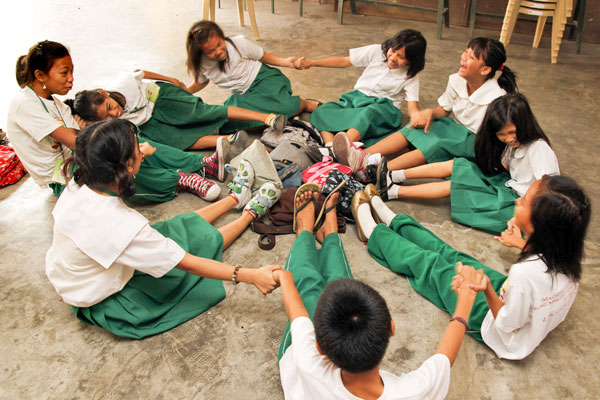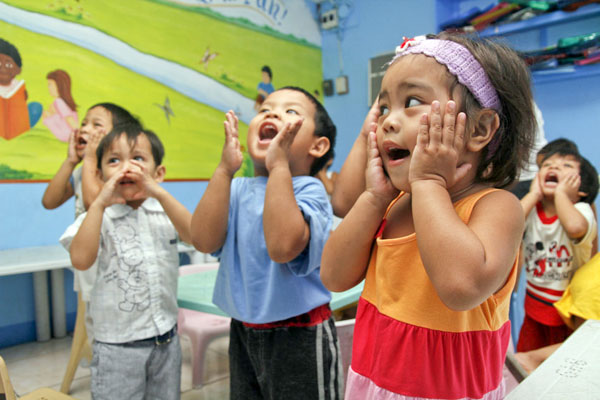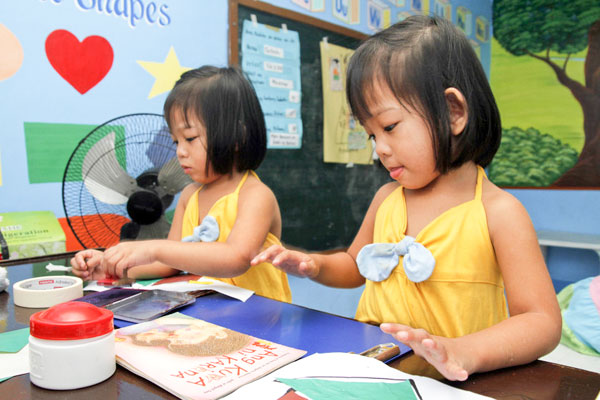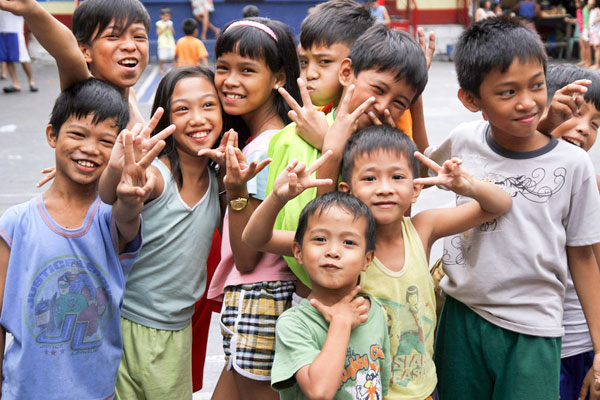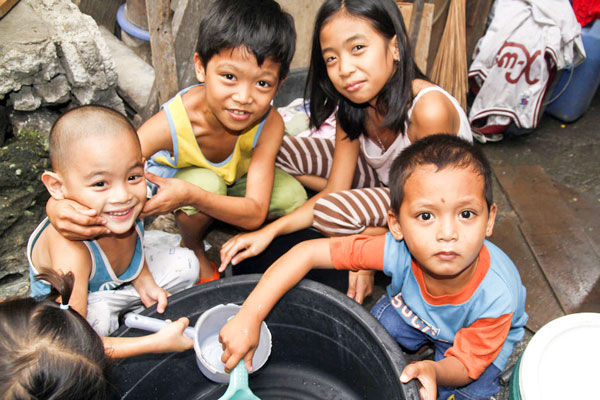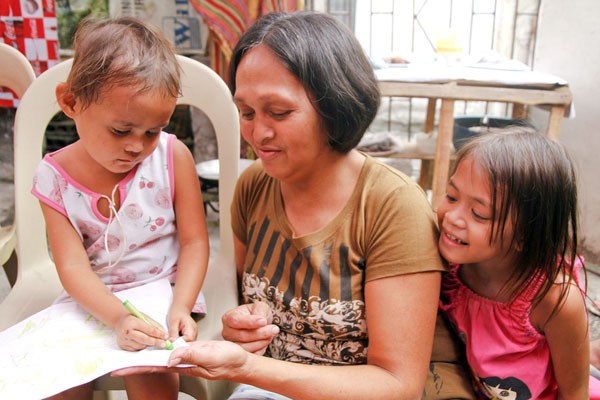

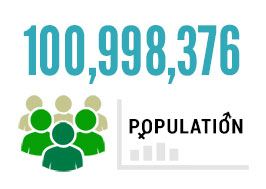
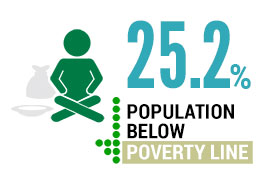
The Philippines is an archipelago of more than 7,000 islands between the Philippine Sea and the South China Sea, east of Vietnam. Located in the earthquake belt and typhoon belt of the Pacific Rim, it is highly susceptible to horrific storms as well as volcanic eruptions, earthquakes, landslides and other life-threatening natural disasters. After Super Typhoon Haiyan in November 2013, ChildFund mounted a large-scale response to the vast needs across affected areas, delivering food aid, psychosocial support and water purifiers. As a country with one of the highest birthrates in Asia, the Philippines is home to more than 36 million children, more than a quarter of whom are vulnerable to sickness, malnutrition and human trafficking due to poverty in the Philippines.
ChildFund has served children in Philippines since 1971. Help make a difference and sponsor a child in the Philippines today.
Ages 0 – 5: Healthy and Secure
To ensure healthy beginnings for Filipino children, ChildFund emphasizes the integration of maternal and child health, management of childhood illnesses and early childhood stimulation and development. Home-based Early Childhood Development services operate in remote communities where there are no day-care centers. In 2015, more than 47,000 infants and young children participated in Supervised Neighborhood Play sessions, which help them be prepared for school both socially and cognitively. Also, parents and caregivers attended training on safe and effective parenting, child nutrition and positive discipline.
Ages 6 – 14: Educated and Confident
Poverty in the Philippines is a barrier to finishing grade school for many children, as not all villages have secondary schools, and transportation costs are often high. ChildFund provides education assistance for school-aged Filipino children, covering unmet needs such as school supplies, uniforms, fares for transportation, and resources for school projects. When children lack support at home or in school, they are likely to drop out of school. In areas where sugarcane is the main industry and child labor is common, alternative learning modules for schools help educators attract children to learning. ChildFund also trains peer tutors to provide Filipino children with support in science, math and English. Such school improvements have made for more child-friendly environments, aiding retention. Peer tutors (some of whom received tutoring themselves) are helping reach students at risk. In 2015, more than 117,000 children benefited from these programs.
Ages 15 – 24: Skilled and Involved
Leadership development and life skills training provide young people opportunities to become leaders within their communities and break the cycle of poverty in the Philippines. ChildFund Philippines works with local partner organizations to help young people learn about disaster risk reduction, adolescent sexual and reproductive health, career training and other youth issues. Several representatives of the Children and Youth sector of the President’s National Anti-Poverty Commission (NAPC) are products of ChildFund’s leadership development efforts. In 2015, more than 71,000 youth received training in employment and entrepreneurship, life skills and civic involvement.
Child Labor in the Philippines
Many Filipino children are forced to work at a young age. With as many as 5.5 million children working and 3 million children working in dangerous conditions, child labor in the Philippines is a serious problem. Child workers are subject to a number of abuses that hamper their development, like working with harmful chemicals and dangerous tools, working long hours without breaks, and suffering physical and psychological abuse from employers. According to the List of Goods Produced by Child Labor or Forced Labor, 13 goods are produced by child laborers in the Philippines, including sugarcane, tobacco and gold.
The Philippines has child labor laws in place, but enforcement is inconsistent among the regions. The root cause of the issue, poverty, must be addressed to stop child labor in the Philippines. When faced with economic struggle, families cannot afford to send children to school and must send them to work to make ends meet. Furthermore, the global economy has driven gold mining operations in the Philippines to new levels, and this hazardous industry makes heavy use of child labor. With poverty incidence among Filipino families increasing along with economic pressure, there is a long road ahead to ending child labor.

